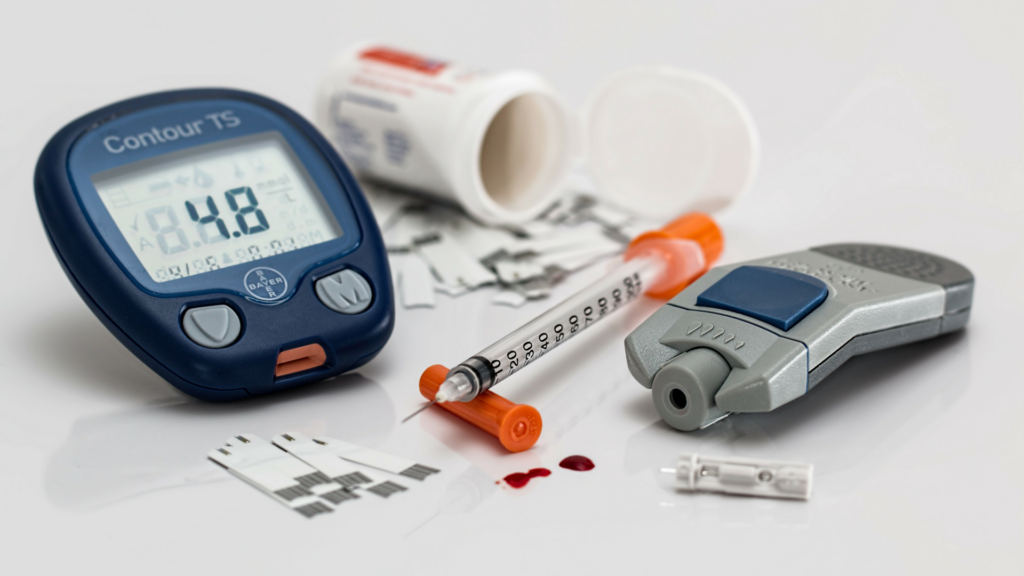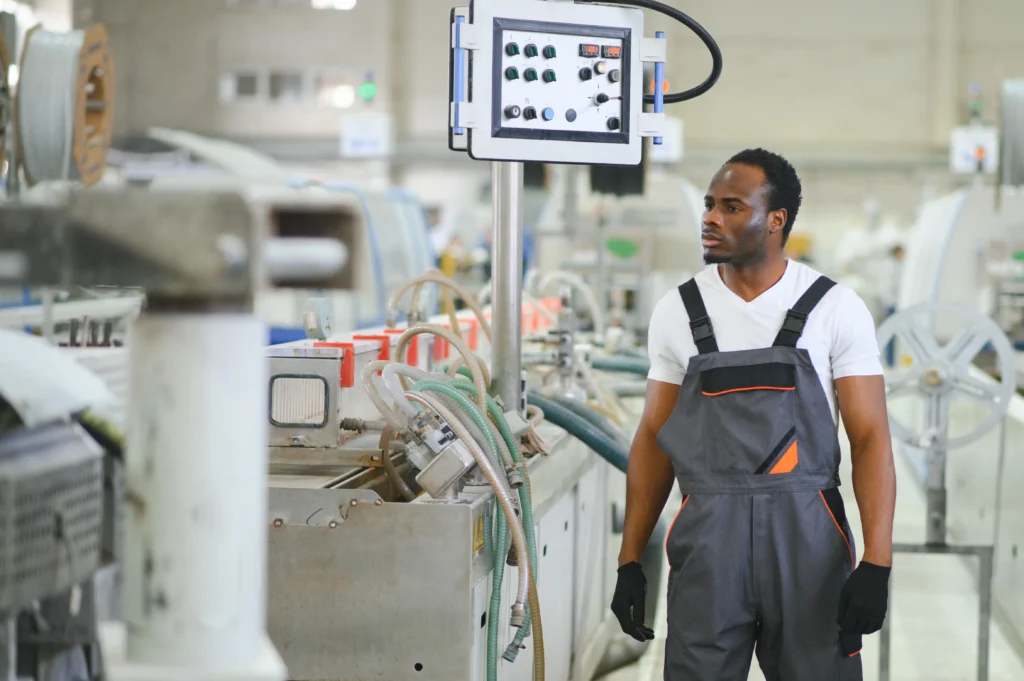Global Interconnect, or GII, makes cables for the global healthcare industry. Their cables are used in electrosurgical tools and important patient monitoring devices. This means it is crucial that their products are completely reliable.
GII outsources their manufacturing to plants in Hong Kong and China. This lowers manufacturing costs, but it also adds complexity to the manufacturing process.
Tight controls needed in day-to-day operations, in order to ensure quality.
Troy Mauk, Director of Global Procurement for GII said:
“There was one day that I put my pencil down and went to my boss and said – We can’t continue to operate this way if we want to continue to grow”
GII was trying to balance the need for zero-failure products with the challenges of a global supply chain. They were also using an old MRP solution.
- Manual calculations were being made to process the number of parts bought in the US and exported to China
- Communications were getting more complex as time differences necessitated 24/7 data sharing
- More manual calculations were being performed as finished goods arrived, further increasing overheads, and exacerbating the risk mistakes due to of human-error
- Two separate software systems were being used to maintain the business, with different interfaces and no clear oversight between accounting and inventory
- Inventory accounting then had to be dealt with in a manual backflush process, taking hours each month, requiring extensive cross-checking and forcing invoices to be paid via a manual approval process
- Incoming material receipts also had to be manually entered into the accounting system
As the business grew, Mauk saw the need for a better manufacturing system. The GII management team found three options.
Some of the teams’ key considerations in picking an ERP system included:
Key considerations in picking a manufacturing ERP system
Ease-of-use
The ERP system needed to be intuitive and user-friendly enough to minimise training, and make the transition as painless as possible.
Reporting capabilities
GII’s chosen manufacturing ERP system would need powerful reporting options inbuilt, to facilitate the sharing of critical data across functional areas of the business
Single system
GII was looking for an ERP system that brought accounting, purchasing, sales orders and inventory into a single set of financials.
Ultimately, GII wanted a manufacturing system that would not only bring operational efficiencies in terms of a single integrated system, simplified onboarding and expanded options for reporting but one that would also serve their customers.
Due to the critical nature of healthcare manufacturing, quality control was of the utmost importance. IQMS (now DELMIAWorks)’ quality management module helps GII with compliance, thanks to features like traceability and lot coding that can track materials across the supply chain.
Since using DELMIAWorks, GII has doubled its sales. They have also increased productivity by 25%. This was achieved without any extra costs, all in just four years.
To learn more about the benefits GII has gained from using a one-stop, medical plastics ERP system, download this whitepaper. This system helps medical manufacturers manage their global supply chain. It offers real-time connectivity for better efficiency.




